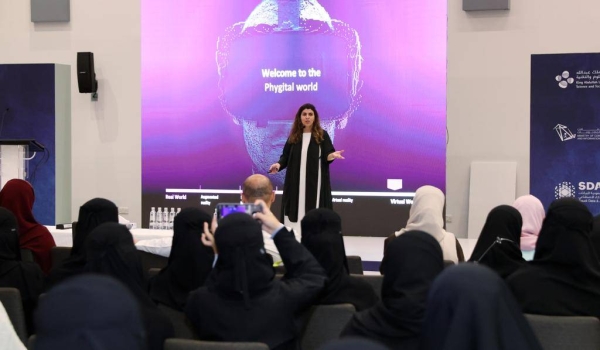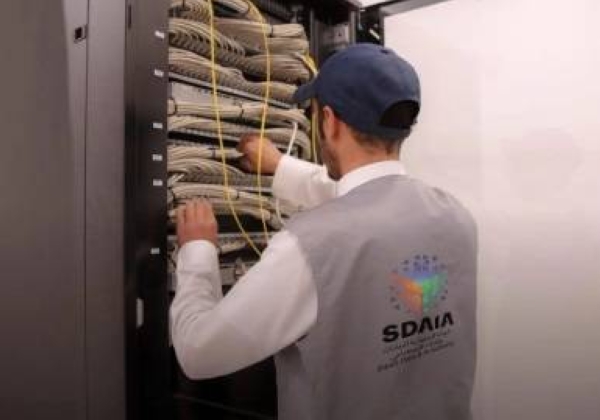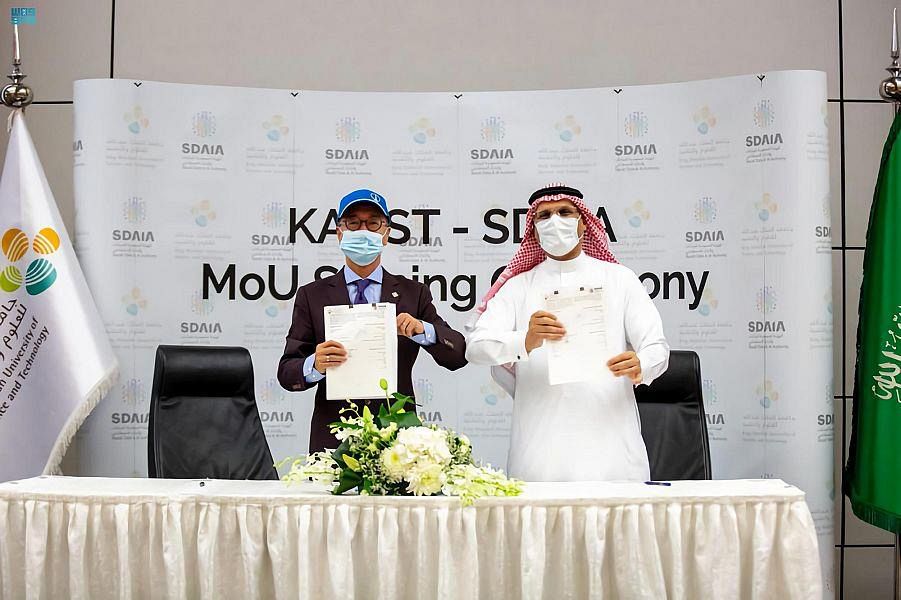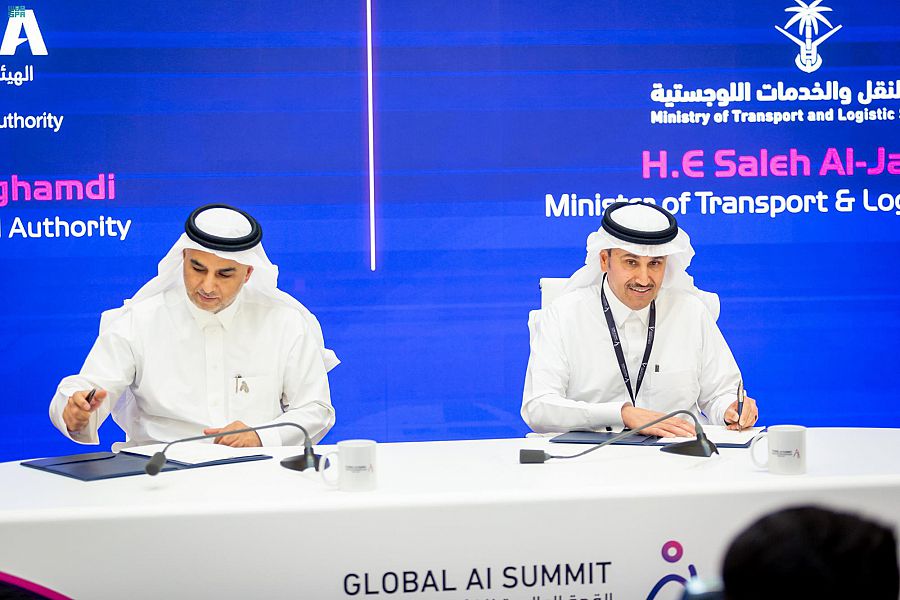
Saudi Arabian-based engineering students gathered on the campus of King Abdullah University of Science and Technology (KAUST) Aug. 20–24 for “/hack AI for All,” a hackathon challenge to address built-in biases in artificial intelligence (AI) software.
The students, participants in an AI summer course held at KAUST and Oxford University, tackled three challenge areas — /hack Bias, /hack Language and /hack Safety — with the goal to detect and improve the performance of AI models, factoring differences in gender, race and language, among other critical areas of study.
The event is the second phase of a larger Dear AI campaign launched by KAUST in March of this year to raise awareness around shortcomings in the training of AI neural networks, and devise solutions to build a more inclusive and interconnected world.
AI systems process large volumes of data for the benefit of multiple sectors of society. Yet machine learning algorithms can inadvertently absorb and reproduce societal biases from the humans that trained them, leading to discriminatory and even harmful outcomes.
As AI usage and autonomy increase, search results should accurately reflect the diverse populations that engage with them.
For example, women represent one in three early-stage entrepreneurs and 20% of computer scientists globally. In Saudi Arabia, 45% of startups are owned by women, with nearly 33% women engaged in information, communications and technology fields.
However, results from Midjourney, a popular text-to-image program, don’t reflect these facts. Searches using the prompt “imagine entrepreneur,” “imagine inventor” and “imagine software engineer” returned an average of 1% women.
Accurate representation in AI systems supports healthy cross-cultural communication, economic opportunities, access to information and services, language preservation and global collaboration, among other benefits.
The Ministry of Communications and Information Technology (MCIT) and Saudi Data and Artificial Intelligence Authority (SDAIA) — prominent leaders in the field of artificial intelligence in the Kingdom — and VMLY&R, a global marketing agency, joined KAUST in organizing the program to encourage Saudi students to lend their expertise in shaping the future of AI.
The winning team, Hunayn, took first place in /hack Language, an Arabic language challenge that tasked students with evaluating and refining existing AI models to advance capabilities in Arabic language processing and improve cross-cultural communication.
Their solution impressed the judges with a semantic English to Arabic translation approach. The name Hunayn is inspired by the Arabic scholar Hunayn ibn Ishaq, a chief translator of medical and scientific texts during the Islamic Abbasid era.
Hunayn participant Nasser Almousa, a student of electrical engineering at King Saud University, sees himself as a researcher of AI technologies to better preserve the Arabic language in Saudi Arabia.
Almousa said, “Our team’s goal was to move away from a literal translation of Arabic, which overlooks the richness, power and eloquence of the language, to a semantic translation that preserves the beauty and richness of the Arabic language.”
The team FHE GPT took second place in the hackathon for developing a secure, cryptographic technique that performs operations directly on encrypted data without the need for decryption so that the outcome remains encrypted throughout.
And HAQQ took third place in the /hack Language challenge for their idea to develop an Arabic deepfake audio detector to prevent fraudulent use of AI to mimic voices.
Three teams emerged as winners, yet all arrived at solutions that were original and intelligent.
The undergraduates, though at the beginning of their educational journeys, emerged from the hackathon with a broader knowledge of the AI landscape, and a newfound confidence in their ability to shape it.












